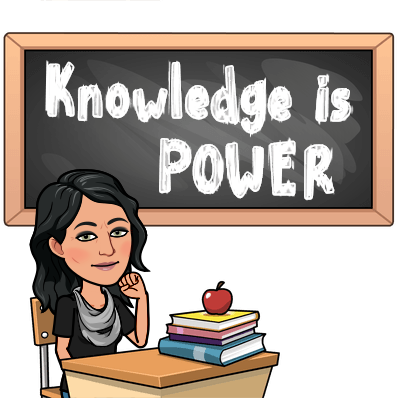What did you want to be when you were growing up?
Personally, I wanted to be a teacher, a veterinarian, a filmmaker, a programmer, a social worker and then a teacher again. The prospect of choosing one single thing was super hard for me. But choose I did, and I never felt entirely happy doing what I was doing.
Is it possible that we don’t have one true calling? That we have more than one talent? One gift? That is the question that Emilie Wapnick asks her TED audience. She is a self-proclaimed “multipotentialite” which is to say, she has many potential careers and gifts.
I must say I got a little emotional watching this talk. I too am someone who has been constantly looking for my one true thing. Wapnick’s premise of the multipotentialite is a very freeing concept that really got my students thinking and talking (and using lots of job and skills related vocabulary).
Today I am a teacher who programs games, uses film and the web to build materials. Many of my students have alternative learning profiles like dyslexia and executive processing issues. I am considered an informal dog whisperer and on the weekends, I go horseback riding with my two daughters. So, somehow my multi-potentials came to fruition. How about you? When you compare what you wanted to do to and what you chose, did you find room for everything or did you concentrate on a few of your interests?
Pre discussion
- What did you want to be when you were growing up?
- If it changed, why did it change?
- Have you changed your areas of interest as you grew older?
- Why is it ok for children to have many career paths, but adults must choose one?
The Video: Ted why some of us don’t have one true calling by Emilie Wapnick
Post Video Discussion
You can use this handout to help the students focus their attention on certain areas of the talk. Remember, you can slow the video down and add subtitles if it helps.  First, do a Tell Back.
First, do a Tell Back.
- Do you see yourself in Emilie’s concept of mulitipotentialite?
- What is the problem of the “narrowly focused life”?
- What are some of the problems Emilie encountered (4:00)?
- What are the multipotentialite’s “superpowers” (6:30)?
- What are the advantages of exploring all our interests?
- How are those skills relevant in today’s job market?
Have a good discussion!











